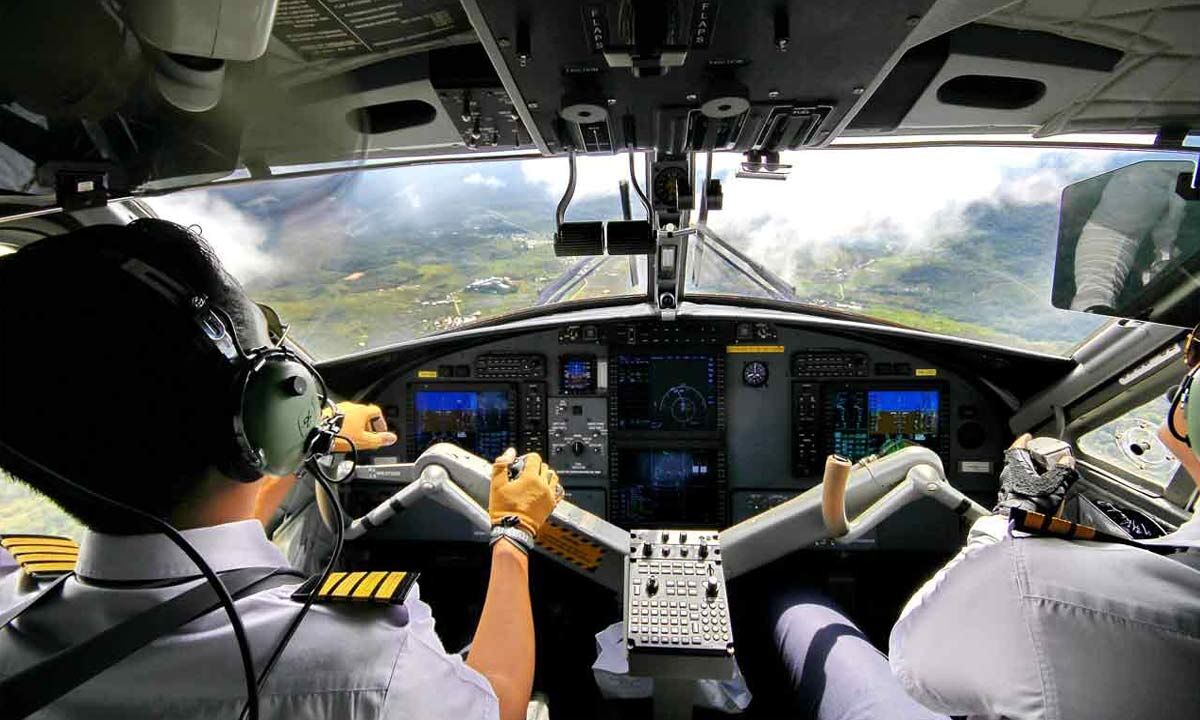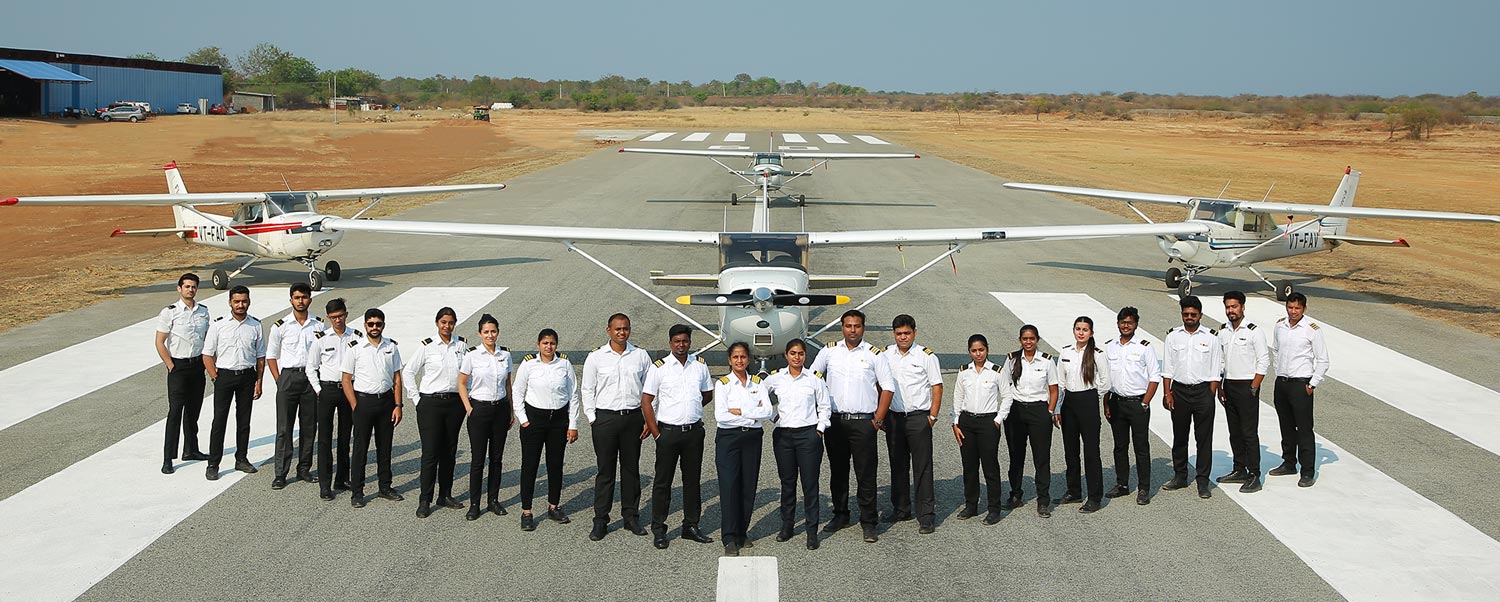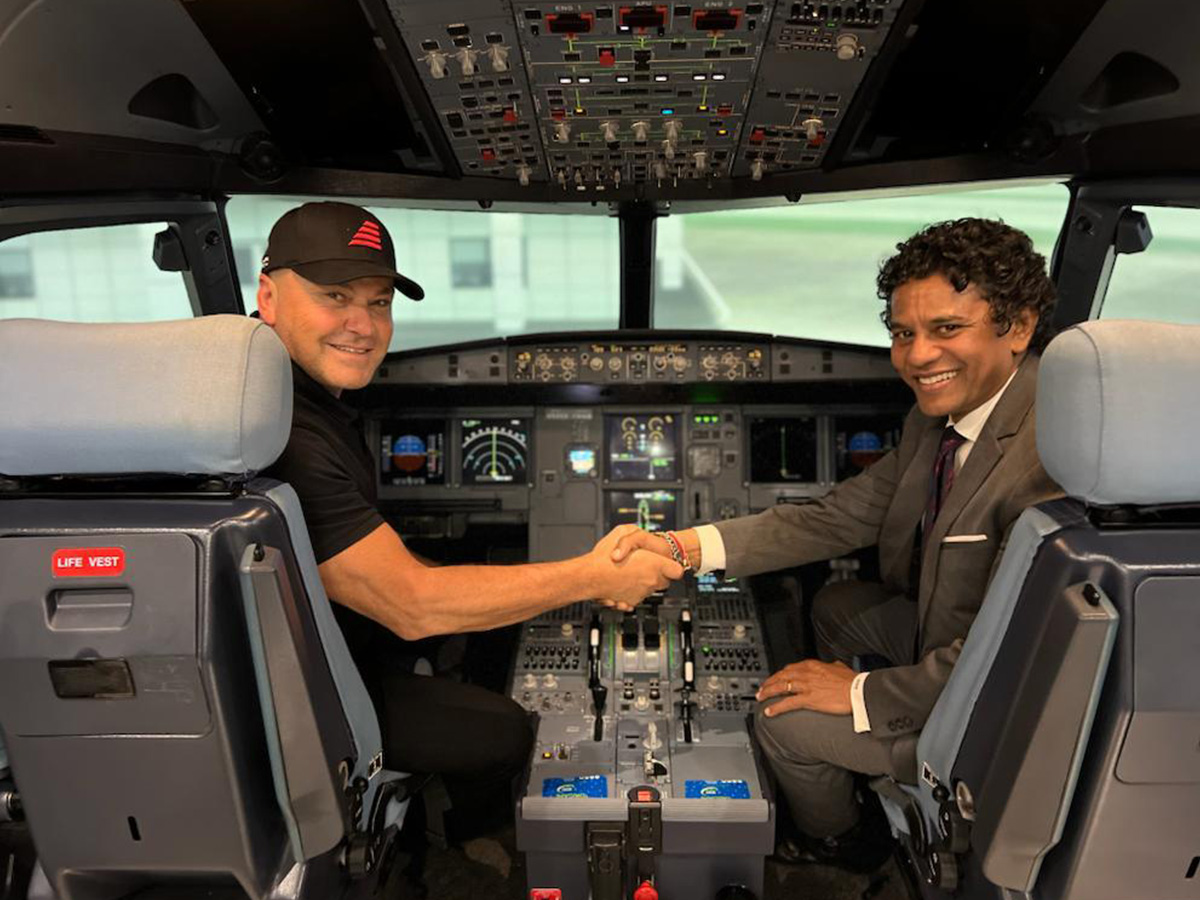The Rise of India’s Pilot Training Industry: A Boeing Perspective 2023

The Rise of India’s Pilot Training Industry: A Boeing Perspective 2023
The project led to the company’s prediction that India will need 31,000 additional pilots over the next 20 years.
With its rapidly growing aviation sector, India has the potential to become a prominent pilot training hub, catering to domestic and international demand.
Boeing, a leading aerospace company, recognizes the country’s advantageous position. This article explores the reasons behind India’s situation. has the potential to excel as a pilot training hub.

India’s aviation industry has witnessed remarkable growth in recent years. With a population of over 1.3 billion, a burgeoning middle class, and increasing disposable income, air travel has become more accessible and affordable to a more significant segment.
The rise of low-cost carriers and increased connectivity have contributed to the industry’s exponential growth, creating a strong demand for trained pilots.
Salil Gupte, president of Boeing India, told FE that with more investment in installing flight simulators and quicker acceptance of competency-based training curricula, India could become a regional centre for pilot training.

Currently, the Centre and the industry are aware of the need for more pilots, particularly since that local airlines are beginning to place large orders to purchase aircraft. According to Gupte, the giant aerospace company has decided to invest $100 million in projects and initiatives that would meet India’s requirement for training facilities. The project led to the company’s prediction that India will need 31,000 additional pilots over the next 20 years.
India boasts a young and dynamic population, with a significant number of individuals eager to pursue careers in aviation. This demographic advantage provides a vast pool of potential pilot candidates, ensuring a steady supply of aspiring aviators. Boeing recognizes this advantage and aims to tap into this talent pool to meet the global pilot demand.
The Indian government has implemented several initiatives to boost the aviation sector. The Regional Connectivity Scheme (UDAN) aims to enhance air connectivity to smaller cities and towns, which creates a demand for pilots to operate on these routes. Additionally, the government’s focus on building world-class airports, aviation training institutes, and aviation-related infrastructure further strengthens the foundation for India to become a pilot training hub.
According to Gupte, “We have increased our forecast for aeroplanes coming into India over the next 20 years from 2,200 previously to about 2,400-2,500, and that means that there will be required to fly those aeroplanes over the next 20 years, upwards of 31,000 pilots.” We aim to train as many of those pilots in India as possible. Gupte claims that the $100 million investment would enable the adoption of new training curricula and the building of physical infrastructure, such as simulators.

India already possesses a robust pilot training infrastructure, with several prestigious nationwide flight training academies and institutions. These institutions offer state-of-the-art facilities, simulators, and comprehensive training programs that adhere to international standards. Additionally, the presence of experienced instructors, including former airline pilots, contributes to the overall quality of training.
As a critical player in the aerospace industry, Boeing has shown keen interest in developing India as a pilot training hub. The company has been actively involved in providing training and support to aviation training institutions in India. Boeing’s expertise, advanced simulators, and training programs can significantly enhance the capabilities of Indian institutions, ensuring they meet global standards.
India’s potential as a pilot training hub is more comprehensive than serving the domestic market alone. India can attract aspiring pilots worldwide with its cost-competitive training infrastructure and quality standards. Collaborations between Indian training institutions and international airlines or training academies can further strengthen India’s position as a global hub for pilot training.

The growth of the aviation industry in India directly translates into increased job opportunities for pilots. As the demand for air travel continues to rise, airlines are constantly seeking qualified pilots. The country can create many employment opportunities by developing India as a pilot training hub, contributing to economic growth and development.
The investment will help the aerospace major’s collaboration with the simulator training specialist CAE in India. The aerospace industry leader recently agreed to provide Boeing’s Competency-Based Training and Assessment programme in India through the supplier of simulator training.
Gupte says, “The investment will also support infrastructure for customer aspirations, like those of Air India, which wants to enter the training business itself.” According to the aerospace giant, the $100 million investment is expected to assist around 20% of the 31,000 pilots.
“Since we are talking about 20 years, additional investment will come throughout the years. Our decision to make this investment now is excellent timing.
![Commerical Pilot Training | Private Pilot Training [CPL|PPL] courses in Chennai, India](https://firstflyaviation.com/assets/img/commercial-pilot-training.jpg)
India’s potential to emerge as a premier pilot training hub is evident from the country’s booming aviation industry, favourable demographics, government initiatives, robust training infrastructure, collaboration with Boeing, and potential for international partnerships. By capitalizing on these factors and ensuring high-quality training programs, India can position itself as a sought-after destination for aspiring pilots, serving both domestic and international markets. The development of India as a pilot training hub meets the growing demand for pilots and Contributes to the overall growth and progress. the country’s aviation sector.




